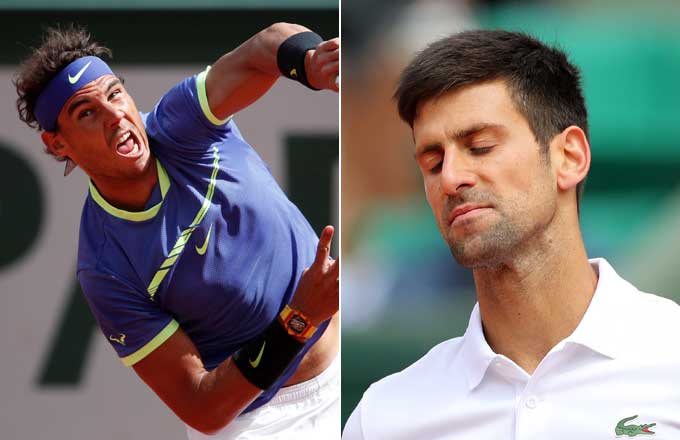

DOHA - A new round of UN climate change conference slated for Nov. 26-Dec. 7 will be held in Doha, Qatar where negotiators are expected to push ahead what was achieved in Durban last year and work out the details of the second commitment period of the Kyoto protocol.
In climate change talks, parties to the UN Framework Convention on Climate Change (UNFCCC) mainly group under three contending forces, namely the Umbrella Group, the European Union(EU) and the G77 and China.
UMBRELLA GROUP
The umbrella group mainly consists of the United States, Japan, Canada, Australia, New Zealand and Russia, whose stance regarding climate change is less enthusiastic than most of the developed signatories to the Kyoto Protocol. Particularly, in 2001, the United States withdrew from the Protocol, and in 2011, Canada followed its step.
The Umbrella Group insists that developing countries should undertake quantified emission reduction commitments along with the developed countries, regardless of the fact that rich nations are responsible for 80 percent of the existing greenhouse gas in the atmosphere due to their unsustainable way of industrialization in the past.
EU
The EU is more active in fighting climate change than the Umbrella Group and supports a second commitment period of the Kyoto Protocol being negotiated.
Nevertheless, the EU sees the second commitment period only as a transition phase, following which a new treaty should be implemented in its stead to assign all major economies mandatory emission cut targets.
These economies that the EU has in mind include the United States, who has so far showed no interest in the second commitment period, as well as the emerging economies, mainly include China and India.
Again, the EU is aiming to discard the core principle of the UNFCCC, "common but differentiated responsibilities," and tries to blur the distinction between the duties of developed and developing countries.
G77 AND CHINA
The G77 and China represent the interests of the developing countries in the climate negotiations.
An important player under this bloc is the BASIC nations, which encompass China, India, Brazil and South Africa. The BASIC group often meets to coordinate their positions ahead of major climate talks.
The G77 and China advocate respecting the UNFCCC and the Bali Roadmap, which set a double-track process for climate negotiations and differentiates the duties of the rich and poor countries.
They argue that the developed countries should make greater commitment to cutting carbon emissions, citing their historical discharge, while the developing countries, aided by financial and technical support, should also make efforts to cut their emissions on a voluntary basis.












